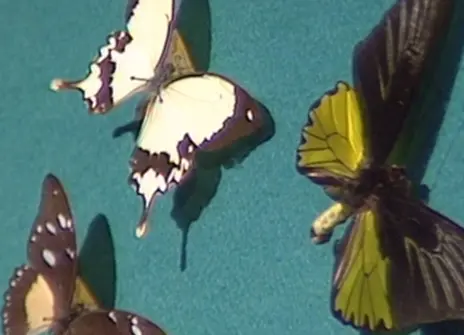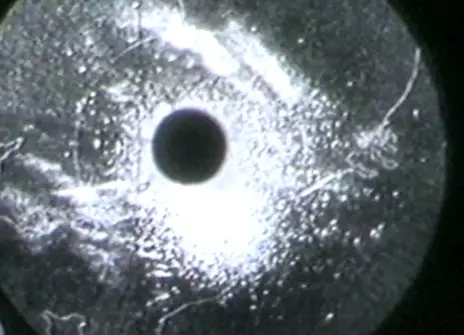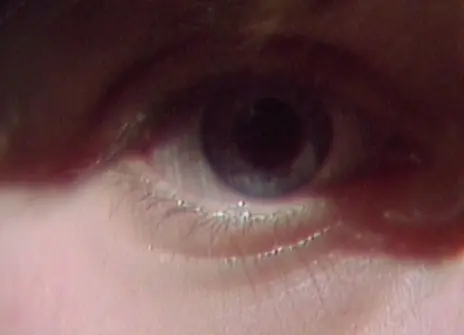Lecture 1 – No man is an island
As any other animal, we are equipped with a complex system of muscles and air pipes to be able to produce sounds. Sounds that when received by a fellow human being can be interpreted and interact accordingly. In one of his demonstrations, professor Pye, uses a very old instrument by Paget to show how simple human sounds can be produced.
When communicating through sound fails however, other methods have been devised and adapted to utilise visual cues as a way to pass on concise information like for example sign language.
He finally goes on to explain how technology came into play allowing us to record sound and store it in a high fidelity format using the newly emerging technology (then) of compact discs.
More from the 1985 lecture programme:
Communication is simply the transfer of information as a message between two places. The message must first be coded by imposing systematic changes on a stream of energy that is then called a signal. This energy radiates from a transmitter to a receiver where the message is decoded and acted on or stored for future use. In these lectures the main transmitter will be my larynx emitting sound energy, the code will be the English language, the receiver will be your ears and finally your brain will act as decoder.
You will gain more information by watching me, using your eyes as receivers. I will not need to emit light for you, you can form an image with light that is merely reflected from my face and arms. Other senses are also used for certain kinds of communication, but hearing and vision are the most important to Man. We sometimes use them in artificial ways as in sign language or Morse code, while radio and television can increase their effective range enormously. We can also record messages by writing them down for subsequent decoding by vision, or as Braille code for the sense of touch. Here again technology has greatly increased the possibilities.
Civilisation has only become possible by the refinement of human communication. But life itself, our very existence, would fail without communication since no-one can be entirely independent of others.
Please note that due to copyrighted material, we have had to remove a 54 second segment containing a graphical demonstration on how the compact disk works.
About the 1985 CHRISTMAS LECTURES
From the 1985 lecture programme:
People communicate all the time. A lecture is one special kind of communication but we communicate with each other in a wide variety of different ways, for otherwise, life itself would be impossible. The basic principles are really quite simple but the details are endless and fascinating. We will explore together the fundamental 'rules of the game’ of communicating and use them to examine a wide range of different examples.
The thread will run from personal exchanges and the rich variety of methods used by animals to modern telecommunications systems. A special branch of the subject is the use of echoes by radar and bats, which show remarkable parallels in their operation. Communication systems also link all parts of the body, coordinating its external actions and its internal maintenance under the ultimate control of the brain. This will lead us finally to computers that mimic many aspects of brain function and now extend our mental abilities enormously. Indeed, we will use computers for many demonstrations throughout the series of lectures.
All these topics will take us from the microscopic scale of silicon chips and nerve membranes to worldwide technology and even deep into space. We shall need to draw upon elements of chemistry, engineering, physics, zoology and many other branches of science for the subject is truly universal in scope.






